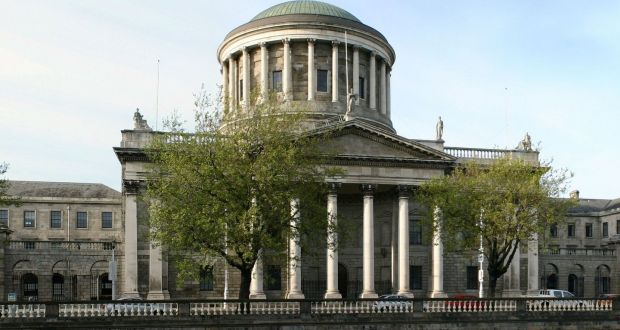
The Supreme Court has confirmed the Court of Appeal decision regarding the absence of a right of an employee to legal representation in a workplace disciplinary investigation and hearing. This case involves an Iarnród Eireann employee, Barry McKelvey, who faces a disciplinary hearing over allegations of misappropriation of property in the workplace.
At the proposed disciplinary hearing arising from the investigation into allegations of theft the employee, pursuant to his contract of employment, is allowed representation by a work colleague or a trade union representative.
Mr McKelvey wished to be allowed legal representation and the Court of Appeal had decided there was no such right (read about that Court of Appeal case here). He appealed the decision to the Supreme Court who agreed with the Court of Appeal, albet for different reasons.
Supreme Court November 2019
The supreme Court refers to section 14 Unfair Dismissals Act 1977 which states
14.—(1) An employer shall, not later than 28 days after he enters into a contract of employment with an employee, give to the employee a notice in writing setting out the procedure which the employer will observe before and for the purpose of dismissing the employee.
(2) Where there is an alteration in the procedure referred to in subsection (1) of this section, the employer concerned shall, within 28 days after the alteration takes effect, give to any employee concerned a notice in writing setting out the procedure as so altered.
(3) The reference in subsection (1) of this section to a procedure is a reference to a procedure that has been agreed upon by or on behalf of the employer concerned and by the employee concerned or a trade union, or an excepted body under the Trade Union Acts, 1941 and 1971, representing him or has been established by the custom and practice of the employment concerned, and the references in subsection (2) of this section to an alteration in the said procedure are references to an alteration that has been agreed upon by the employer concerned or a person representing him and by a trade union, or an excepted body under the Trade Union Acts, 1941 and 1971, representing the employee concerned.
(4) Where an employee is dismissed, the employer shall, if so requested, furnish to the employee within 14 days of the request, particulars in writing of the grounds for the dismissal, but in determining for the purposes of this Act whether the dismissal was unfair there may be taken into account any other grounds which are substantial grounds and which would have justified the dismissal.
The Supreme Court went on to comment that
What should be involved, instead, is a search for the truth with the employee enabled to make a contribution to that process by stating whatever explanation is available to him or her. After all, while this is not a two-stage process where rights are afforded at a second stage, as in McNamee v Revenue Commissioners [2016] IESC 33 and the cases therein cited, once a complaint is validly made to the Workplace Relations Commission, the burden of justifying dismissal is on the employer through the calling of evidence, and the parties may there be legally represented.
The Supreme Court also observed that many contracts adopt the Industrial Relations Act 1990 code of practice on grievance and disciplinary procedures, as set out in SI 146 of 2000. These procedures do not allow legal representation and the place to start, and end, an examination as to what is allowed is the contract of employment.
The Court also pointed to the case of Mooney v An Post [1998] where the Court held
If the contract or the statute governing a person’s employment contains a procedure whereby the employment may be terminated, it usually will be sufficient for the employer to show that he has complied with this procedure
The Supreme Court notes that a difficulty may arise where the contract is silent as to what procedures are to be used but suggests a sensible approach would be to use the procedures set out by the Industrial Relations Act 1990. In this case the contractual entitlement was to be represented by a trade union official or a work colleague.
The Supreme Court went on to hold that the was not entitled to an injunction preventing the disciplinary hearing from going ahead in the absence of legal representation as it held,
The applicant is entitled by contract to have a fellow employee assist him at the disciplinary hearing, or to be represented by a trade union official. By contract, no other or outside individual may represent him. Read the full Supreme Court decision in Barry McKelvey v Iarnród Éireann [2019] IESC 000 here